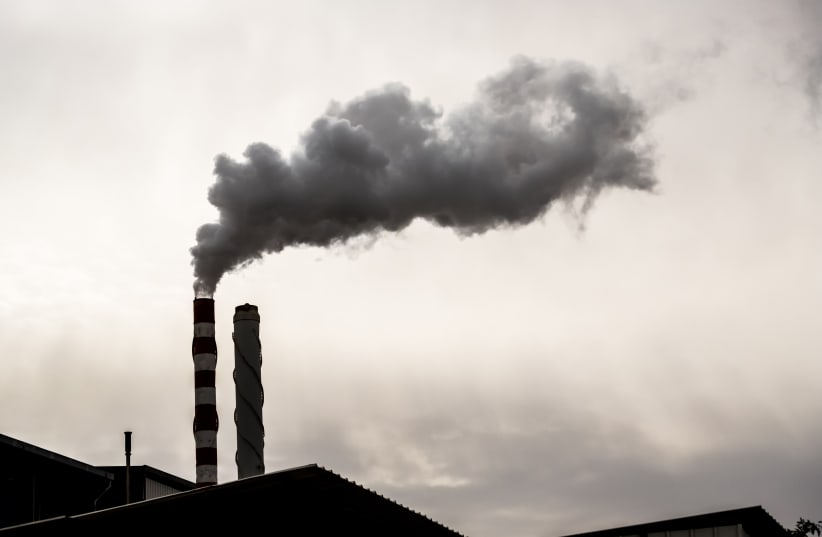The first-ever real-time air pollution exposure calculator has been developed by the United Nations Environment Programme (UNEP) in collaboration with Swiss air quality technology company IQAir, and was announced on Tuesday.
The first of its kind exposure calculator builds on the work done by UNEP and IQAir on the world's largest air quality data platform launched in 2020.
According to UNEP, more than 80% of people living in urban areas are exposed to air pollution levels that exceed the World Health Organization's (WHO) guideline limits.
Developed with support from the UN Sustainable Development Solutions Network (UNSDSN) and the Frontier Technologies Hub, the calculator combines global governmental, crowd-sourced and satellite-derived air quality data with population data and applies artificial intelligence (AI) to calculate country population exposure to air pollution.
This information is then used to enhance air quality monitoring and improve air quality in urban spaces.
Air pollution not only affects public health, but also affects ecosystems and food production, and is linked to climate change.
"With nine in ten people on earth breathing unclean air, this real-time air pollution exposure calculator is an important step in our efforts to utilize technology to support cleaner air and, in turn, improved health and a healthier environment," said UNEP executive director Inger Andersen.
"We must continue to increase international cooperation on air quality data and research, develop new technologies and, crucially, work to reduce air pollution," Andersen said.
By assessing real-time exposure to poor air quality, the calculator can aid waste management efforts to significantly reduce air pollution in cities.
The Environment and Climate Change portal is produced in cooperation with the Goldman Sonnenfeldt School of Sustainability and Climate Change at Ben-Gurion University of the Negev. The Jerusalem Post maintains all editorial decisions related to the content.

